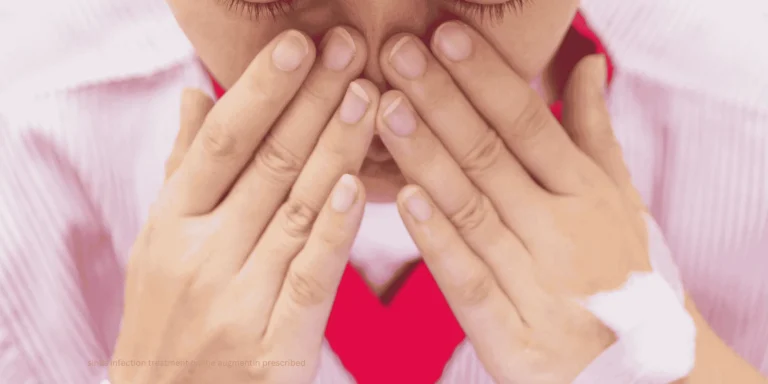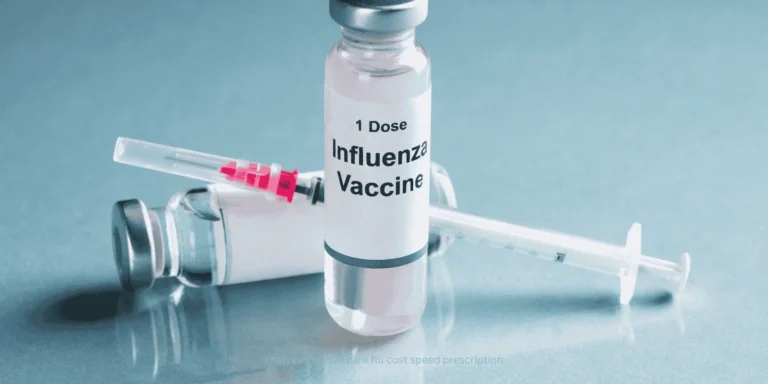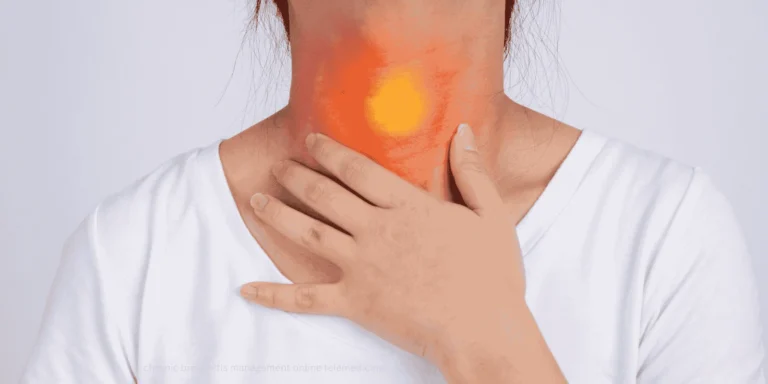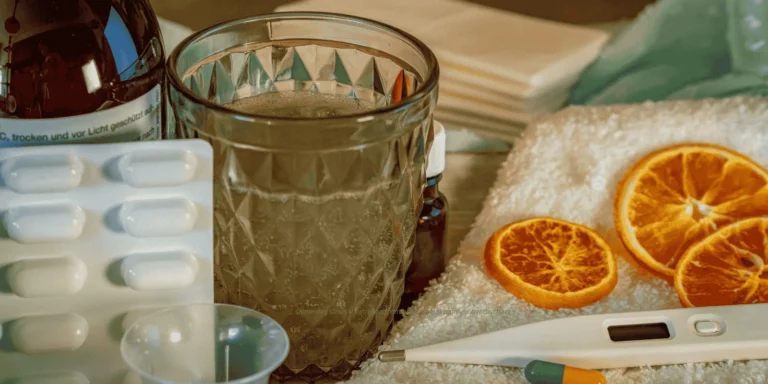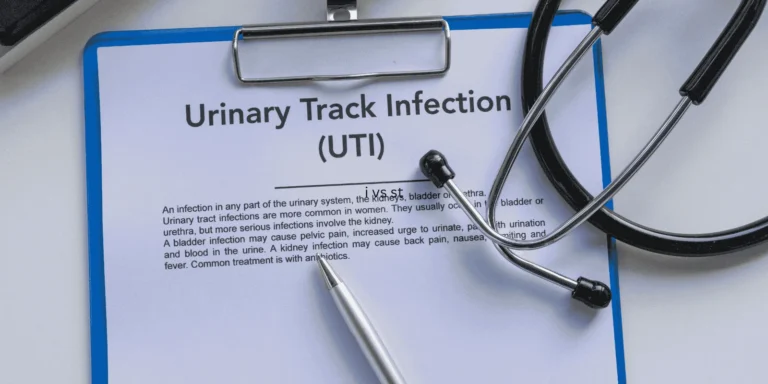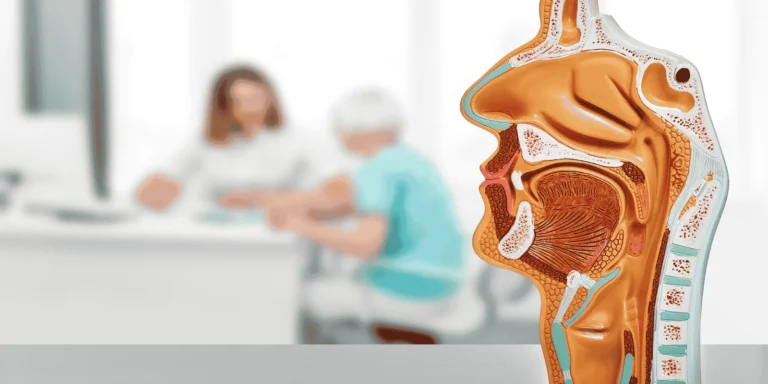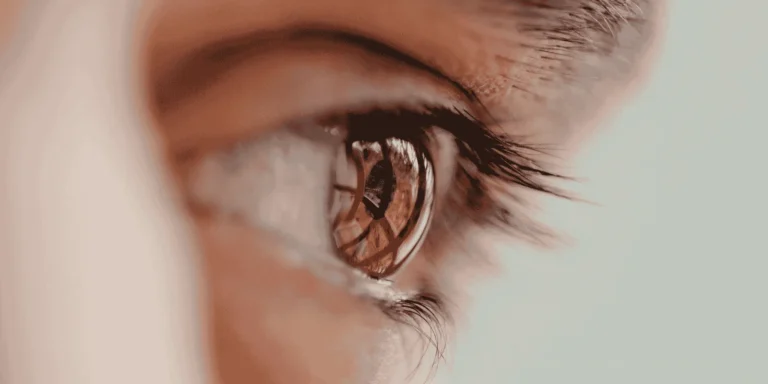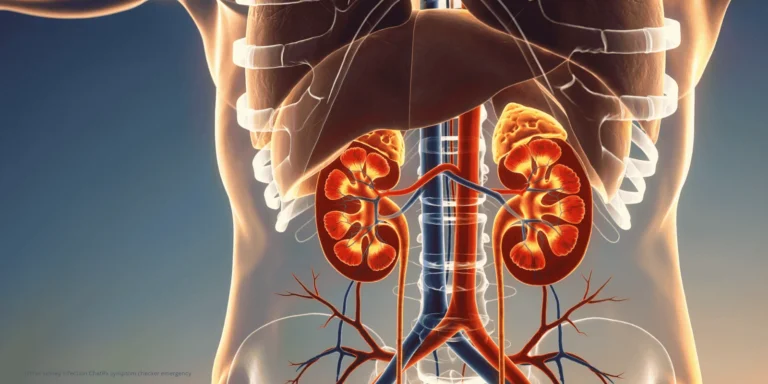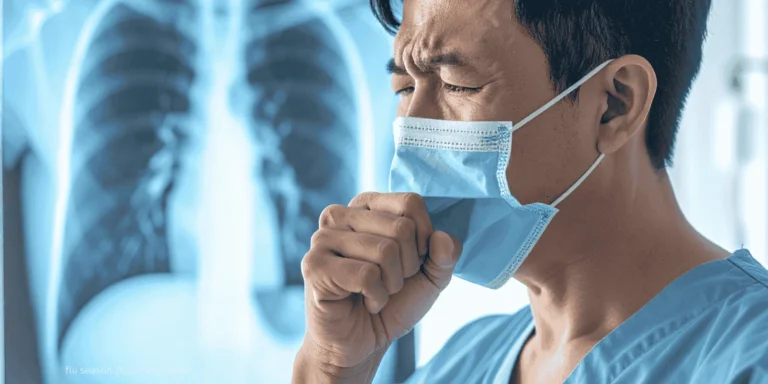Vaginal thrush (yeast infection) responds well to antifungal medications available both over-the-counter and by prescription. Treatment choice depends on symptom severity, frequency of infections, and individual patient factors.
Over-the-counter treatments: Most mild to moderate yeast infections can be treated with OTC antifungal medications available at pharmacies:
Topical antifungals include miconazole (Monistat), clotrimazole (Gyne-Lotrimin), and tioconazole (Vagistat). These come as creams, ointments, or suppositories used for 1, 3, or 7 days depending on the formulation strength.
How to use topical treatments:
- Insert suppositories or cream deep into the vagina at bedtime
- Continue treatment for the full prescribed duration even if symptoms improve
- Avoid sexual intercourse during treatment
- Use external cream on vulvar area for external itching
Prescription treatments: For severe infections, recurrent episodes, or when OTC treatments fail, prescription options include:
Oral fluconazole (Diflucan) is a single-dose pill that’s highly effective for most yeast infections. It’s particularly convenient and works systemically to clear the infection.
Prescription-strength topical antifungals may be needed for resistant infections or when oral medication isn’t appropriate.
Treatment duration expectations:
- Mild infections: Often improve within 24-48 hours of starting treatment
- Moderate infections: Typically resolve within 3-5 days
- Severe infections: May require 7-14 days of treatment
- Complete cure: Most infections clear completely within 7 days
Special considerations:
Pregnancy: Only certain topical antifungals are safe during pregnancy. Oral fluconazole is generally avoided, especially in the first trimester.
Recurrent infections: Women with 4 or more yeast infections per year may need longer treatment courses and maintenance therapy to prevent recurrence.
Partner treatment: Male partners typically don’t require treatment unless they develop symptoms, as yeast infections aren’t sexually transmitted.
What to expect during treatment: Symptoms often worsen slightly before improving as dying yeast releases inflammatory substances. Complete symptom resolution may take several days after finishing treatment.
When to seek medical evaluation:
- First-time symptoms (to confirm it’s actually a yeast infection)
- Symptoms that don’t improve with OTC treatment
- Recurrent infections
- Unusual symptoms like fever or severe pain
If you’re experiencing yeast infection symptoms and want appropriate antifungal treatment recommendations, ChatRx can help determine the best treatment approach for your specific situation.


